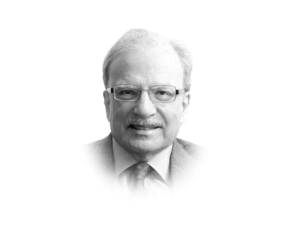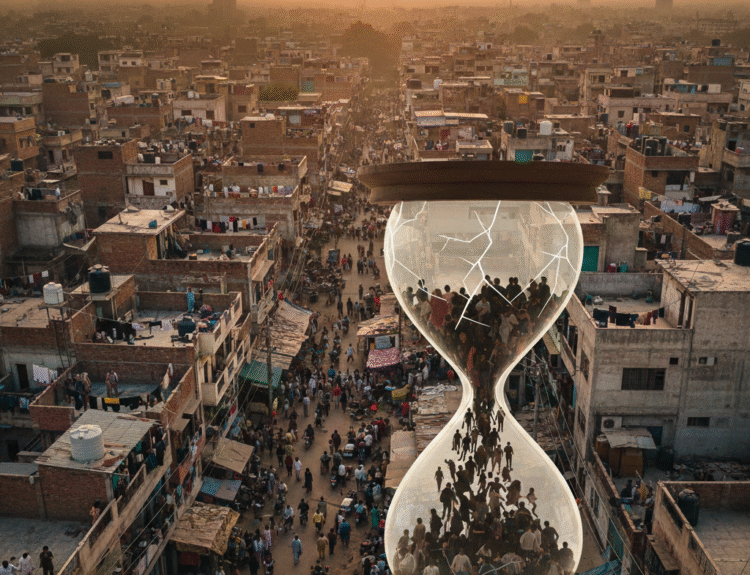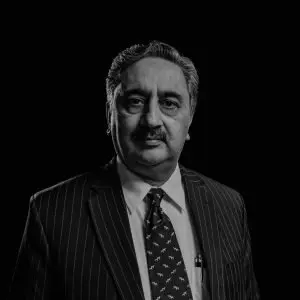
International trade agreements have always been hard to reach. That was not the case with other international treaties. Whereas, it took fifty years to establish the World Trade Organization, the WTO, the International Monetary Fund (IMF) and what is now called the World Bank Group (WBG) were established in 1945 within months of the end of the Second World War. They became the two pillars of the world economic order.
The first ensured global financial stability. The second rebuilt the parts of Europe destroyed by the war. Once the European colonial powers vacated their colonies in Africa and Asia and dozens of countries became independent, the International Development Association, the IDA, was added to the International Bank for Reconstruction and Development (IBRD) to provide relatively cheap financial aid to poor nations to launch development programmes. Later the WBG launched the International Finance Corporation, the IFC, to provide assistance for establishing private enterprises in the developing world. However, the WTO was to be the third pillar of the system but the principles on which it was to be based took several rounds of world trade negotiations to establish an organisation designed to manage world trade.
The final meeting and the signing ceremony was held in 1995 at Marrakesh, Morocco. The treaty’s conclusion converted the General Agreement on Tariffs and Trade (the GATT) into WTO. The main feature of the WTO was to create a system to resolve trade disputes among member nations. A multinational panel was established to which nations could appeal to settle their disputes. Panel’s members were appointed by major trading nations. The panel heard the opposing sides and then gave its judgement which was expected to be followed. However, fist under President Barack Obama but more damaging under his assessor President Donald Trump, the United States did not appoint its officials to take up positions in the panel. Trump made it known that he had no time for the organisations it did not fully control. WTO was one such organisation. But other nations did not accept the Trump position. They convened a group to discuss and reform the WTO which met several times but did not come to a decision.
One of the more important confusions that prevailed in the WTO was to determine whether the decisions its dispute handling panels took applied only to the countries that were involved or were meant to change the way global trade worked. It was to resolve issues such as these that the WTO invited all member states to meet to discuss the way the working of the WTO system could be improved. Given the enormous changes that had occurred since the arrival of what was generally referred to as the process of “globalization” that has resulted in easing the flow of goods and services across international borders, it had become clear that a major conference was needed to reform the WTO and make it deal with the new situation. Such a conference was convened and was held at Geneva, the headquarters of the WTO.
At one point, it seemed that the trade diplomats who had been meeting for more than a year had reached a compromise based on the thinking of Marco Malina, the Guatemalan official who facilitated the talks at Geneva, where the WTO was based. Malina had come up with an approach called “interest-based negotiations” which focused on defining what each party to the dispute wanted. Once that was done it would be possible for the parties involved in the dispute to work together to formulate their interests. The Guatemalan official was engaged to facilitate the trade talks that had gone on for more than a year.
He held more than 350 meetings with over 145 WTO members from every region of the world. As Farah Stockman who covers trade issues for The New York Times put it: “Members soon realized that informal negotiations could resolve trade disputes more quickly and amicably than litigation. They established rules for mediation so that more countries could take that route. They also recognized that some countries will always opt for the formal legal process so they streamlined that as well.” She concluded her assessment as follows: At these meetings, “something crucial was accomplished that cannot be taken away. Diplomats from around the world did something different, together, and saw that it worked. Now, hopefully, at the next international meeting, there will be dozens of people like Mr. Molina, helping to light a new path toward a shared a future that none of us could have imagined before.”
However, the WTO conference ended on March 2. This was the WTO’s13th ministerial meeting known as MC13 held in Abu Dhabi. It wound up with a temporary extension of an e-commerce moratorium but did not reach any agreements on agriculture and fisheries. By not resolving these issues in the areas that are significant for world trade, the conferees threw into doubt the future of WTO. The conference’s end highlighted the deep divisions among WTO’s 164 members. Speaking at the closing press conference, the Emirati chair, Thani Al Zeyoudi acknowledged the shortcomings. “Despite our best efforts, we failed to agree on some texts which are of great importance to many of our members.” The moratorium, which has been regularly extended since 1998, is set to definitely expire on March 31, 2026 with no chance of further extension. “I think the membership has agreed on very firm dates for its conclusion,” said WTO Director General Ngozi Okonjo-Iweala. “I have to abide by what the membership has agreed.”
After a 2022 deal that banned subsidies contributing to illegal, undeclared and unregulated fishing, the WTO was hoping to conclude a second package focusing on subsidies that result in overcapacity and overfishing. The Geneva negotiations had prepared a draft text which provided flexibility and advantages for developing nations but some — notably India — demanded further concessions, including transition periods other WTO members considered to be too long.
With farmer protests sweeping India and parts of Europe, agriculture agreements also emerged as particularly sensitive topic of debate. India demanded permanent rules governing public stockpiling of food reserves to replace temporary measures adopted by the WTO. On dispute settlement reform, something of considerable interest for Pakistan, the outcome mainly reiterated the commitment made at the previous meeting, the MC12, to have a fully functioning system in place by 2024.
—–
Shahid Javed Burki is a prominent professional economist. In 1974, he joined the World Bank as Senior Economist and served as Vice-President of the organization until he took early retirement in 1999. He held several senior executive positions at the World Bank and was a de facto Finance Minister of Pakistan on a caretaker basis (1996–7). He writes a weekly column for The Express Tribune and contributed to the op-ed pages of the Financial Times, London, and The Indian Express, Delhi. He is the author/editor of several books on Pakistan, including ‘Pakistan Under Bhutto’ (1980); ‘Pakistan under the Military: Eleven Years of Zia Ul-Haq’ (with Craig Baxter, 1991); ‘Pakistan: Fifty Years of Nationhood’ (1999); ‘A Historical Dictionary of Pakistan’ (1999); and ‘Changing Perceptions, Altered Reality: Pakistan’s Economy under Musharraf, 1999–2006’ (2007). Presently, Burki is Chairman, Advisory Board of the Burki Institute of Public Policy, Lahore, Pakistan.




